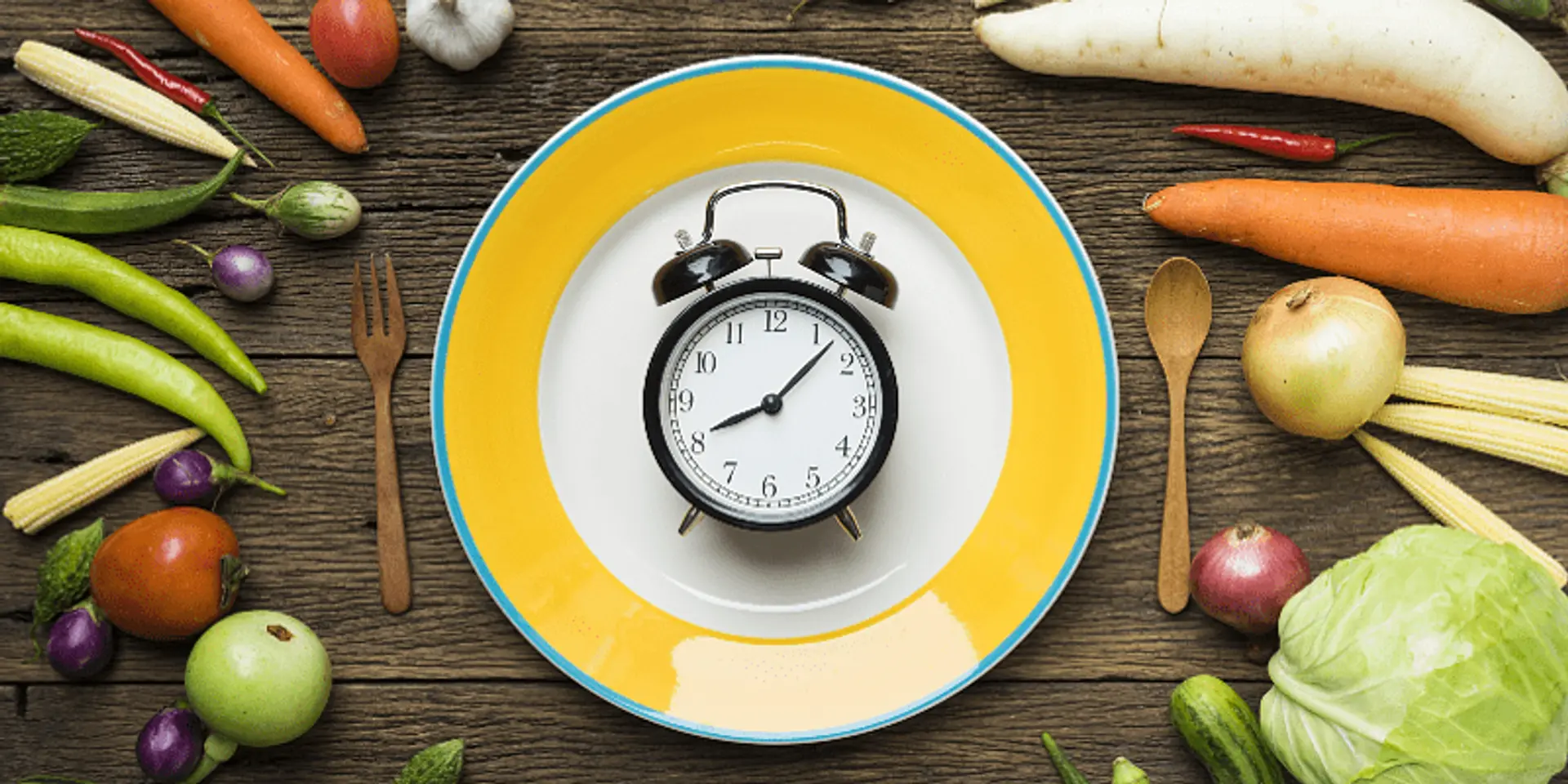The pros and cons of two-hour diet plan, as per Ayurveda
The two hourly diet is not something that should be done long term. It goes against many natural aspects of healthy digestion and health.
Eating every two hours is a modern-day diet. It is considered an ideal diet to promote weight loss while eating anything you want. The rapid weight loss can come at a cost, and we’ll get to that in a moment.
The idea behind eating every two hours is to boost metabolism. You’ll hear those advocating for the two-hour diet speaking about eating sweets safely as eating every two hours helps to keep your blood sugar stable. The reason for this is that your blood sugar rises when you eat something sweet, and just as it’s starting to spiral down, you eat something again. You don’t really feel hungry as you are always eating a little food every two hours.
Other ideal aspects of eating every two hours includes convenience to eat small meals of anything and flexibility to eat any food, including fried foods and sweets, as you eat less of it.
All of this does sound quite ideal. So, what could be wrong with this diet?
The ill effects of eating every two hours
To consider this, let’s explore this from two different perspectives. The first is Ayurveda and the second is functional medicine. Let’s go back to ancient wisdom. Eating every two hours is not a time-tested practice. It is not a part of local Indian mannerisms of food and eating. This is where the problem lies.
1. Ayurveda is India’s ancient natural system of healing. It does not focus on symptoms or disease but is a holistic practice. The approach is that all life must be kept in balance, and that good health is the harmonious functioning of the entire individual. One of the four pillars of Ayurveda is Ahar. Ahar refers to nutrition, and for a functional diet, we require strong Agni, easy digestion, and proper elimination. We are not going into this in detail, but we need to look at Agni to provide context for understanding the two hourly diet.
2. Any food we eat is only useful to us if Agni is strong. If it is not strong, we end up with Ajeerna, or indigestion. That leads to accumulation of Ama, or toxic waste, and then we trigger disease.
3. Agni is the key to healthy living. Agni creates digestive enzymes, helps us assimilate nutrients, gives us glowing skin, improves mental clarity, supports enthusiasm, helps us assimilate nutrients for body tissues, regulates body temperature, produces Ojas or vitality, balances appetite, regulates our weight, ensures good sleep, and so much more. It is the fire element that is responsible for digestion. Without balanced agni, anything that we eat can lead to indigestion, accumulation of toxicity, and disease.
4. In ancient Ayurvedic texts, recommendations to keep Agni balanced include sitting down and eating mindfully, chewing food until it’s liquid, having warm food, staying relaxed, and eating only three meals a day at a maximum, with no snacks. This is the key point we must consider. One of the major causes of disruption to Agni is eating frequently with a gap that is less than 4-5 hours in between two meals.

Source: Shutterstock.com
We cannot refute ancient texts that are rich in knowledge and time-tested wisdom. If we consider the benefit of rapid weight loss with eating every two hours, we must also consider all the negative effects of following such a diet. Healthy Agni is linked to keeping the whole constitution balanced.
The scientific basis of bringing caution to eating every two hours?
To understand the science, we need to look at something in our body called the migrating motor complex.
1. Eating every two hours is one of the most popular ways of eating. If someone is struggling with adrenal issues, which can show up as poor blood sugar control, anxiety, poor sleep, or high stress, it can be helpful to eat this way initially as it supports adrenal recovery.
However, there can be long term challenges which are often ignored.
2. The migrating motor complex is a pattern of electromagnetic activity observed within your gastrointestinal tract during gaps between meals. Think of it as waves of cleansing peristalsis that occurs every hour and a half to almost four hours. It is your intestine’s way of deep level cleansing, and it can only occur if there is a gap between meals. It is required for deep cleansing of your gastrointestinal tract. It is required to maintain healthy function of the gastrointestinal system. Healthy functioning of the MMC is required for gut motility. Your migrating motor complex sweeps through and cleanses the small intestine so that there is no residual food.
3. When you eat every two hours, you prevent optimal functioning of the migrating motor complex and this can increase your risk for gut infections like Small Intestine Bacterial Overgrowth or SIBO, which will show up as diagnosis of IBS. SIBO cases have been found to have disrupted functioning of the migrating motor complex. Disrupted MMC function. Can cause nerve damage. Disruption of the MMC also leads to bacterial buildup.
4. More and more research shows that you need a gap of 4-5 hours between meals. Ayurveda has always brought attention to avoiding too many snacks. Therefore, this is not a long-term dietary approach. It can be therapeutic as an approach to stabilise adrenal function.
Should you be eating every two hours?
Like anything else, we must consider that we are all unique. However, here is what I could suggest as a broad framework. If you are just beginning with your health journey, and struggling with blood sugar issues and adrenal issues, it can be helpful to eat more frequently.
However, working with someone who can help you to improve blood sugar balance and your own physiology is important.
The two hourly diet is not something that should be done long term. It goes against many natural aspects of healthy digestion and health. Once you improve these aspects, consider eating just three meals, with no snacking.
Edited by Megha Reddy
(Disclaimer: The views and opinions expressed in this article are those of the author and do not necessarily reflect the views of YourStory.)








